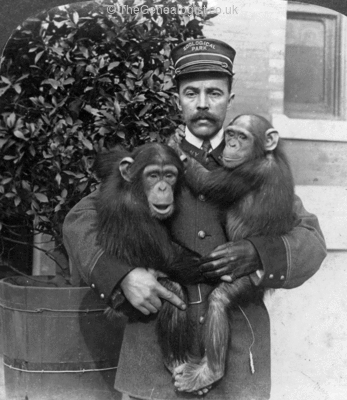 Wow, I’ve had a busy weekend, some of it spent looking around an old graveyard.
Wow, I’ve had a busy weekend, some of it spent looking around an old graveyard.
I couldn’t help but notice the number of military men that had been remembered in the words written on their headstones. Some listed the battles they fought in and some just their regiment, or ship in the case of those who served in the Royal Navy.
I did get to spend an hour, however, on the computer looking up the names of branches in my family in a new set of records just released by TheGenealogist.
In my Devon lines my family tree often gets stuck, when I try to push it back into the 18th century. But this week, using the new Militia Musters, just released online by TheGenealogist, I have found some promising leads. And shock horror…some of my Devon kin, especially the ones from Plymouth, may actually be from Cornwell as I note the names appearing in Musters in that county, while others are more definitely Devonian.
For the first time you can search early militia musters for all of England and Wales. The collection includes over 58,000 rare records of these part-time soldiers for 1781 and 1782. This is the largest number of surviving records available for this era.
This joins the largest collection of Army Lists available online establishing TheGenealogist as a major military research site.
The militia men were offered a bounty to transfer to the regular army and some did decide on a regular military career. If you’re struggling to find out how your ancestor started their military career, the answer could be in the militia records!
In the troubled times of the 1700s, Britain faced a threat from the European powers of France, Spain and Holland at various times. All ‘able-bodied’ men were considered for the militia and put on a ‘militia ballot list’. The chosen men then were required to meet or ‘muster’ at points for training. Four musters were taken over the time covered by the new records on TheGenealogist.
The records cover people from all walks of life who made up the officers and men, from M.P.’s to landowners, from carpenters to labourers, if they were physically up to it, they could be selected for the militia!
Regiments covered all of England and Wales and are represented in the new records. The records are from The National Archives series WO13 and feature the ‘muster and pay lists’ of all members of the militias. Men received ‘Marching Money’ when the militia was mobilised and were paid expenses for local meetings.
The new militia lists can further help track the movements and lives of our ancestors before census and civil registration times.
In an easy to search format, it’s possible to search for an ancestor to see if they served in any of the militia regiments of England and Wales. Search by name and any relevant keyword, or use the advanced search to narrow it down to ‘Corps’ , ‘Company’ or the actual ‘Rank’ of the soldier.
Mark Bayley at TheGenealogist comments: “These unique records really enhance our online military collection. Not all our ancestors served in the regular army and the part-time local militias were an essential part of the national defence, as was seen in the ‘Battle of Jersey’ at the time, when the local militia fought admirably against the French and Dutchâ€.

Disclosure: The Links in the above are Compensated Affiliate links. If you click on them then I may be rewarded by The Genealogist.co.uk should you sign up for their subscriptions.
Like this:
Like Loading...
 Send to Kindle
Send to Kindle










